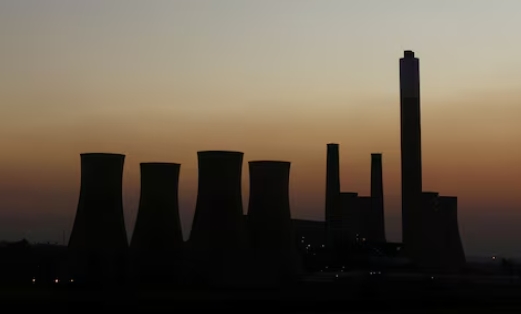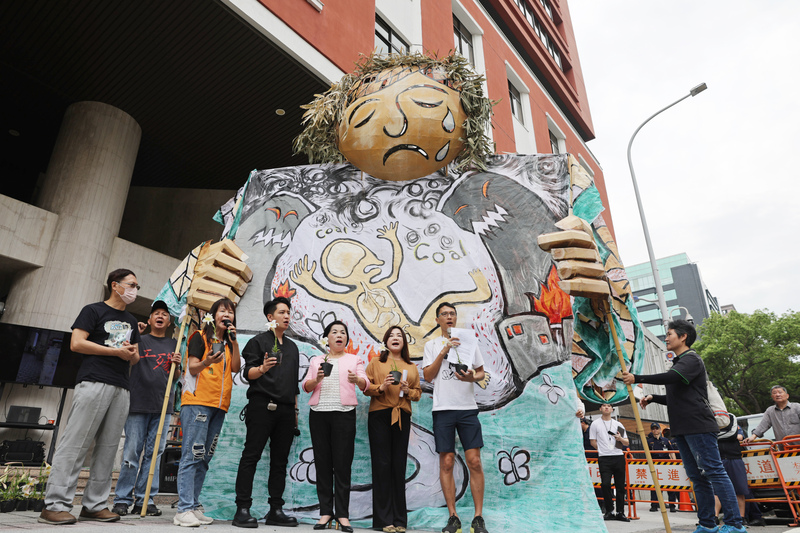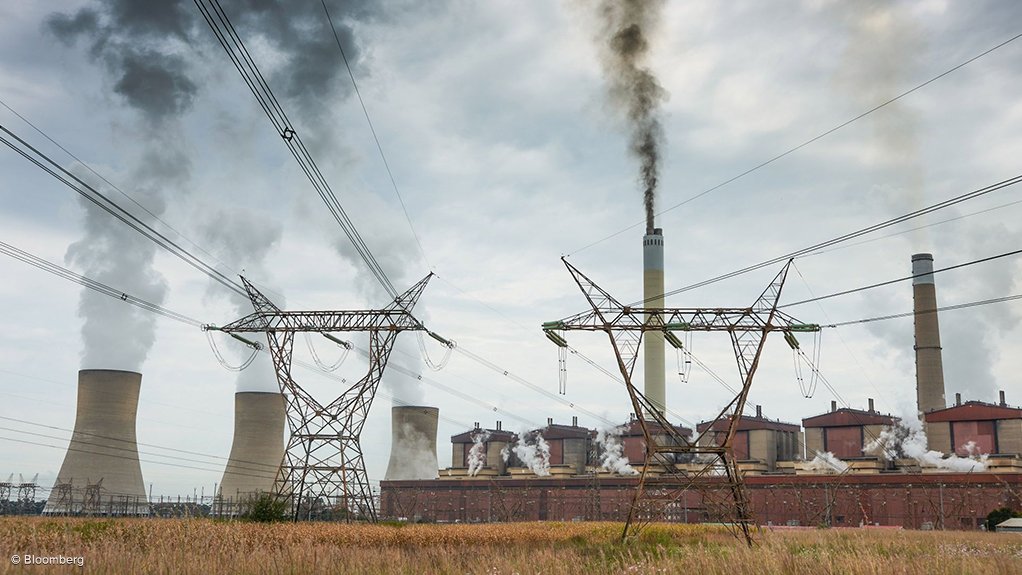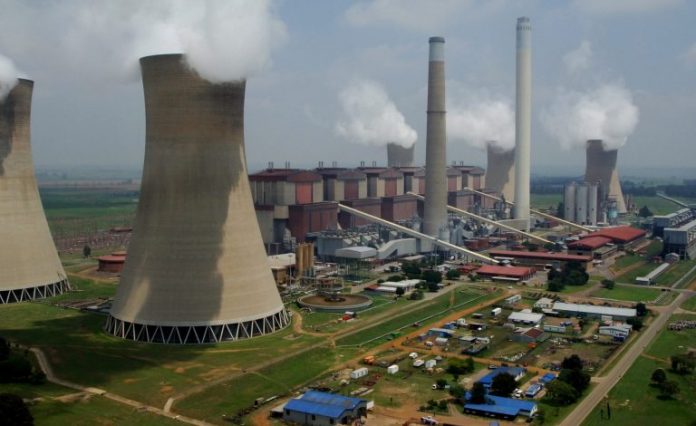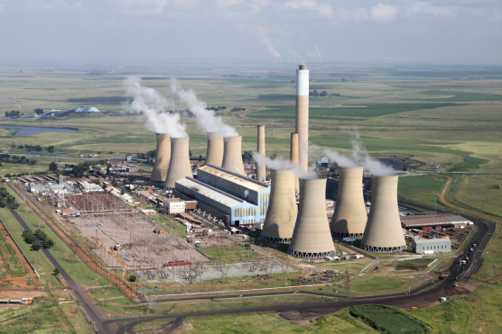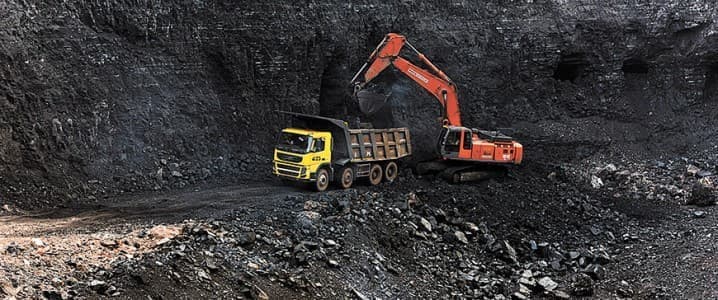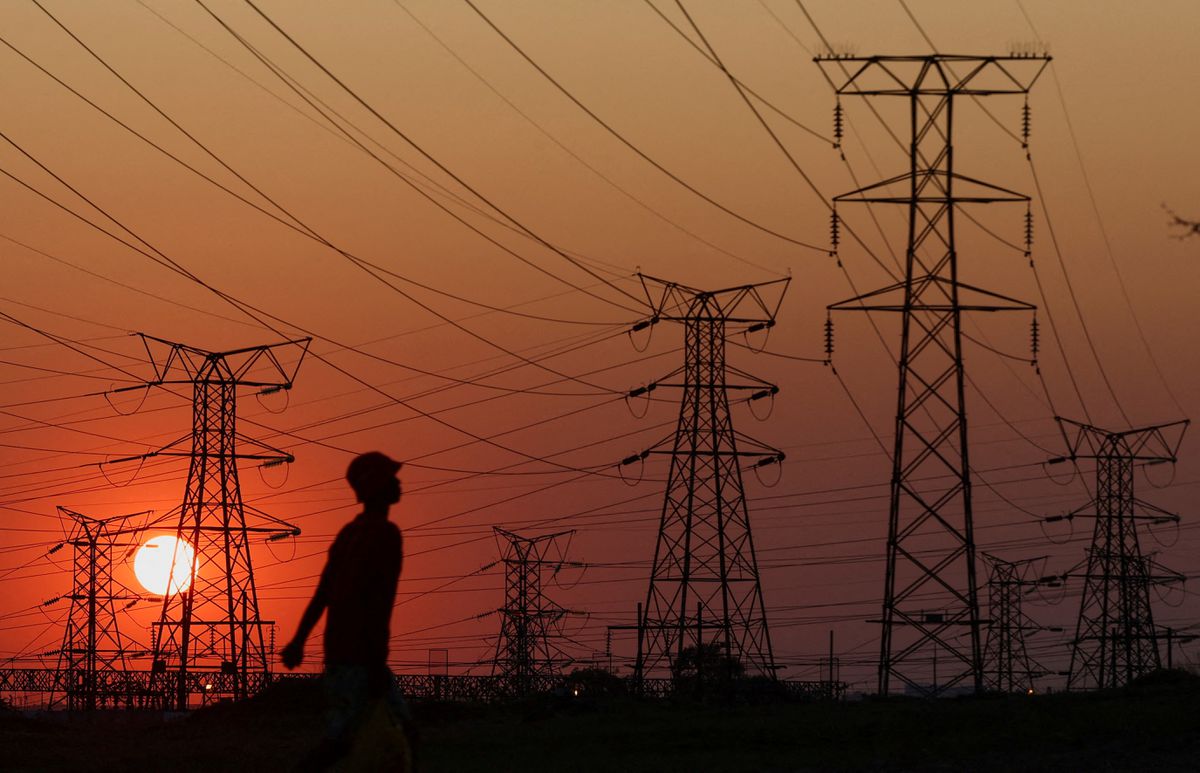
But CEO Dan Marokane said Eskom's immediate priority was bringing an end to the power blackouts that have devastated the economy of Africa's most industrialised nation over the past few years.
Eskom has paused the blackouts in the past three months due to better maintenance of its coal fleet and power generation from 5 gigawatts of private solar installations.
"We have a target that is clear to be met by 2030. That is the 71 million tons equivalent of CO2 (reduction)," Marokane told Reuters in an interview.
"That target remains. We will meet it."
South Africa is among the world's top 15 greenhouse gas emitters and has the highest carbon intensity among the Group of 20 largest economies due to its reliance on coal for power, according to Climate Transparency, a watchdog.
FOCUS ON RENEWABLES
Previously, officials had said they doubted the country would be able to meet its targets under the Paris agreement to cut emissions to between 350 and 420 million tons by 2030, from 442 million tons in 2020. That was due to a U-turn on plans to decommission eight coal-fired power plants, six by 2030 and the remaining by 2034.
Marokane said targets would nevertheless be achieved by curbing the emissions of three of these power stations to meet about half the planned reductions and from "other existing stations within the fleet", for the other half.
This would be made possible by a more aggressive rollout of renewable capacity than previously planned so that less coal needed to burned.
"We're going to build up our own renewable portfolio, and we'll be doing it now rather than later. That's our focus," he said.
Eskom's plans require a huge build-out of transmission capacity - 1,400 km (870 miles) a year was the goal, Marokane said, while it has only managed to roll out at 850 km per year in the best years, he said.
The cost over the next 10 years would be 300 billion rand ($16 billion), he said, of which almost half would be sought from the private sector. He hoped the regulator would give investors more clarity on tariffs in the latter half of the year.
With some of the best available sun and wind in the world, South Africa is seen as a test-case for a successful switch to renewable energy from fossil fuels. But even some wealthy countries have begun backtracking on climate pledges for 2030 as they prioritise energy security over the environment.
"I think there's a general acceptance that energy security is important ... and that South Africa needs to transition (to green energy) in a very careful manner," he said.
